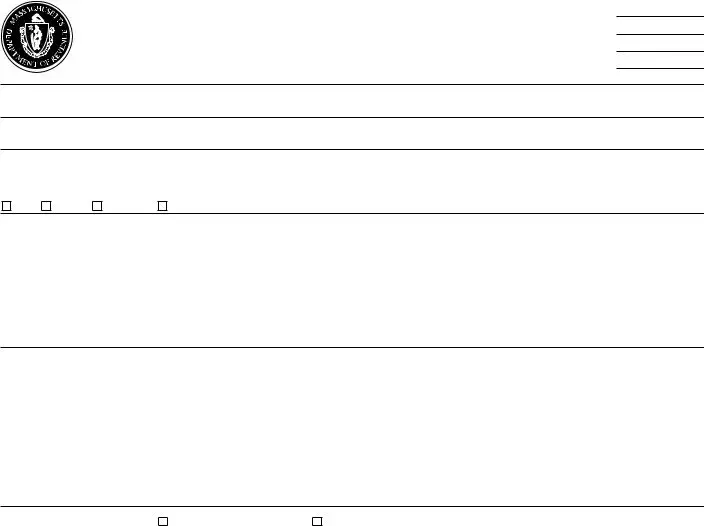General Information
All business entities with gross income of less than $1,000,000 for the previous calendar year and that reasonably expect to have gross income of less than $1,000,000 in the current calendar year, that have five or fewer employees are exempt from paying a sales tax on their purchases of gas, steam, electricity and heating fuel solely for their own use. A business that may not have had gross in- come during the preceding calendar year, such as a newly-formed business, may be eligible for exemption if it reasonably expects to have gross income of less than $1,000,000 for the current calen- dar year.
Any purchaser which seeks this exemption must complete Form ST-13, Small Business Energy Exemption Certificate. A signed copy of this form must be submitted to the vendor(s) in order for the small business to claim the exemption. The small business exemp- tion applies only to purchases on or after the date this certificate is signed and presented to the vendor.
Instructions to Vendors
The burden of proving that a business is entitled to the small busi- ness exemption is on the vendor unless the vendor accepts in good faith a copy of this certificate, Form ST-13.
For each sale exempt from sales tax under the small business ex- emption, vendors must keep a record of the name, address, and federal identification number of the small business claiming the ex- emption, the sales price of each sale and a copy of Form ST-13. For further information regarding the requirements for retaining rec- ords, see Massachusetts Regulation 830 CMR 62C.25.1.
Instructions to Purchasers
A purchaser ordinarily must present this certificate to the vendor for each calendar year on or before the date of its first purchase of taxable fuel in each new calendar year. If a purchaser presents the certificate after this date, the certificate only applies to purchases made on or after the date the certificate is signed and presented to the vendor.
For purposes of this exemption, an “employee” includes any part- ner, owner or officer of the business who normally works for the business for thirty hours or more per week. Unless a taxpayer dem- onstrates otherwise, the Commissioner of Revenue will presume that any partner, owner or officer who regularly works for a business normally works for the business for thirty hours or more per week.
“Employee” also includes any other individual who is an employee as defined for federal tax withholding purposes under Internal Revenue Code (I.R.C.) Sec. 3401 and who normally works for the business for thirty hours per week or more and who is hired for a period of five months or more.
In determining number or employees, a business entity must con- sider all employees, not just employees at a particular location of the business.
If a business is a member of an affiliated group, as defined in I.R.C. Sec. 1504, all employees of all members of the group must be counted to determine whether the entire affiliated group qualifies as a small business.
The business must maintain adequate weekly employee time and wage records to substantiate any claim to this exemption.
If at any time a business that has claimed a small business exemp- tion under this certificate ceases to qualify for exemption, it must notify the vendor in writing.
A purchaser is liable for the payment of any use tax in the event that the purchaser is not eligible for the exemption.
For further information about the Small Business Energy Exemp- tion, see Massachusetts Regulation 830 CMR 64H.6.11; Technical Information Release 06-2.
Warning: Willful misuse of this certificate may result in criminal tax evasion penalties of up to one year in prison and $10,000 ($50,000 for corporations) in fines.
If you have any questions about the acceptance or use of this cer- tificate, please contact the Massachusetts Department of Revenue at (617) 887-MDOR.

